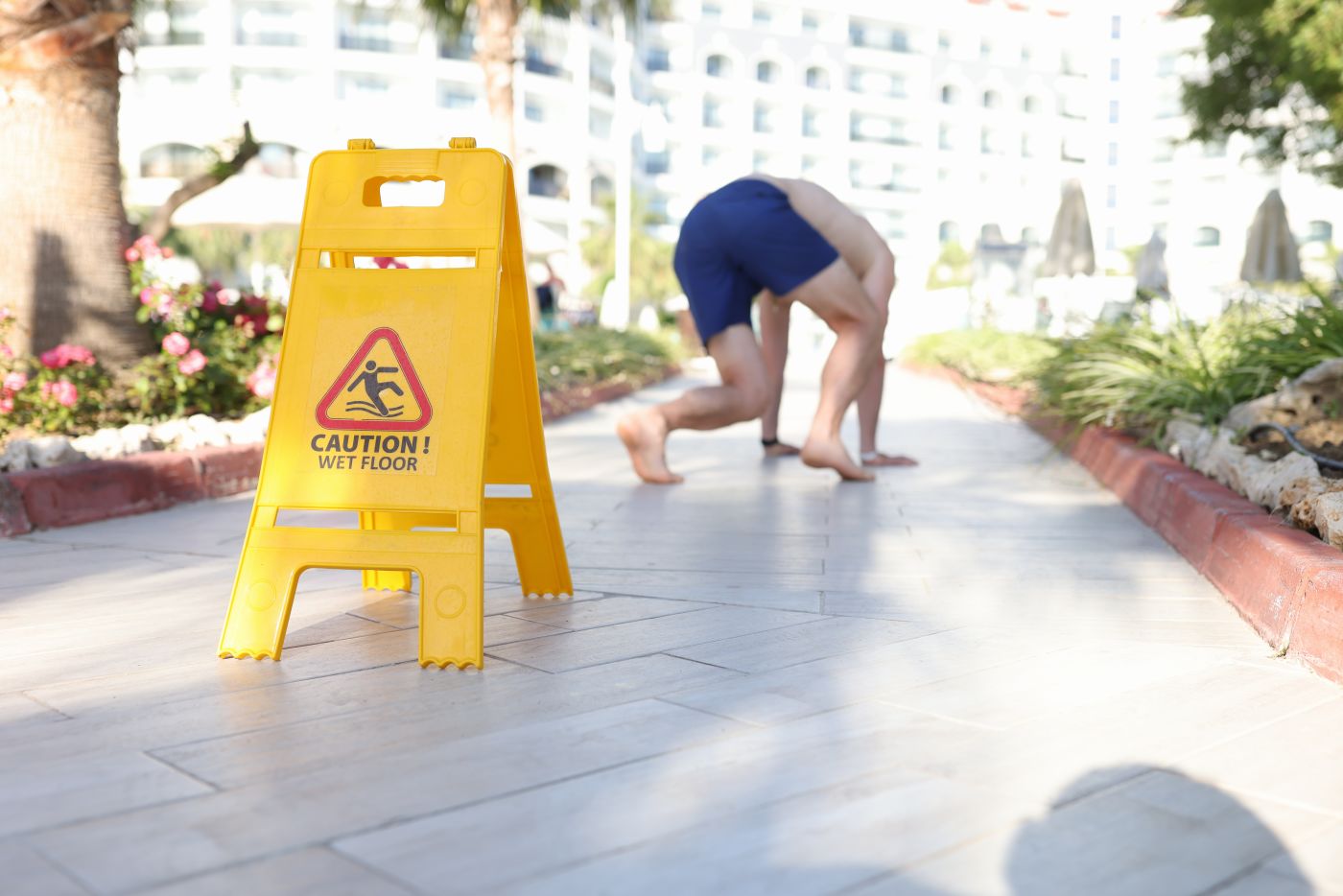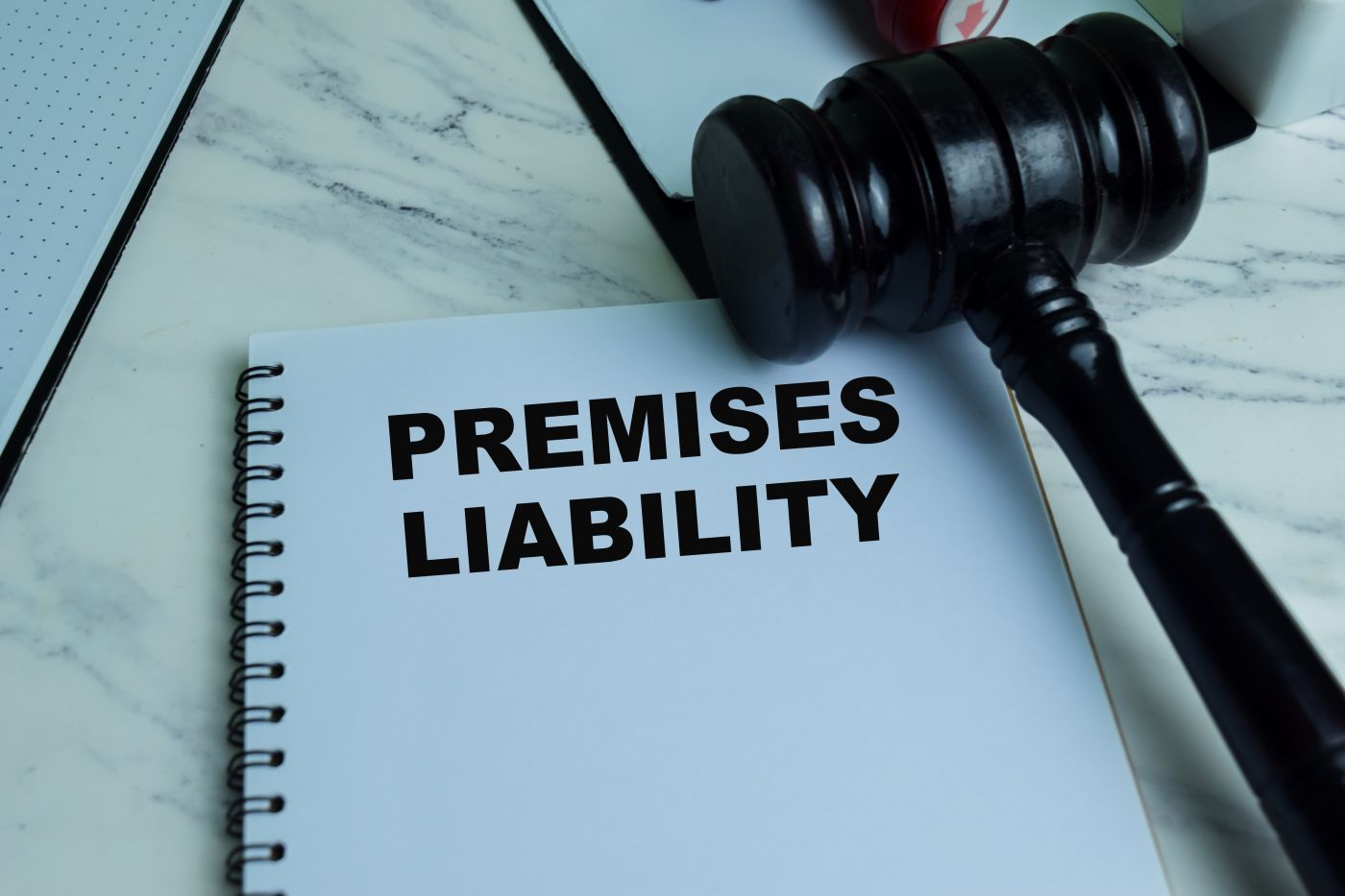
Vacation rentals offer travelers a convenient and often more affordable alternative to hotels. However, these properties can present unique safety risks that may lead to serious injuries. When accidents happen, determining who’s responsible can be complicated. Liability often depends on who controls the property and how well it’s maintained under premises liability law.
Because vacation rentals are frequently managed by third-party companies, out-of-state owners, or online platforms, it’s not always clear where accountability lies. At The McCallister Law Firm, in Kansas City, Missouri, the goal is to help clients understand their legal options and identify who may be liable.
The attorney at the firm focuses on untangling these relationships and building claims when a lack of maintenance, inadequate security, or dangerous conditions cause harm.
Legal Responsibilities of Vacation Rental Hosts
Vacation rental hosts have a duty to provide guests with a safe environment. This includes regularly inspecting the property and addressing known hazards. Hosts are generally responsible for repairing defects they’re aware of or should reasonably discover. Failure to act on these dangers can lead to premises liability claims if a guest is injured.
Hosts may be held liable for issues such as faulty locks, broken stairs, or inadequate lighting. It’s their responsibility to warn guests about any hidden dangers that can’t be immediately fixed. Negligence often arises when hosts neglect maintenance or ignore guest complaints. Establishing this liability depends on proving the host breached their duty of care.
Legal Responsibilities of Property Managers
Property managers often oversee the day-to-day maintenance and safety of vacation rentals. Their role includes hiring contractors, managing repairs, and handling guest concerns. When property managers have control over these tasks, they share liability for injuries caused by unsafe conditions.
Common situations where property managers may be liable include failing to fix a leaking roof or not maintaining pool safety features. They must act promptly when notified of hazards to avoid premises liability claims. Both hosts and property managers can be liable if they share responsibilities.
Factors That Determine Liability Between Host and Property Manager
Determining who’s liable often depends on the division of responsibilities outlined in management contracts. Courts look at who has control over property maintenance and who had the ability to prevent the injury. Liability is typically assigned to the party responsible for the condition causing harm.
Several factors influence this decision, including:
Control over property: The party who controls repairs and safety measures is often liable. This includes decision-making power over maintenance schedules and contractor hires. If one party regularly inspects and manages upkeep, courts tend to hold them accountable for hazardous conditions.
Knowledge of hazards: Liability may fall on whoever knew or should’ve known about dangerous conditions. This means actual knowledge of a defect or constructive knowledge based on what was discoverable with reasonable care. For example, if a host was notified about a broken railing but took no action, liability likely falls on them.
Actions after notification: Failure to fix hazards after being informed can increase liability. Prompt action to repair or warn guests about risks can mitigate responsibility. Ignoring complaints or delaying repairs can demonstrate negligence under premises liability law.
Understanding these factors is key to identifying the responsible party in premises liability cases. The nature of injuries sustained at vacation rentals varies widely, which can affect liability claims.
Types of Injuries Commonly Involved in Vacation Rental Claims
Injuries at vacation rentals frequently involve slips, trips, and falls. These accidents can occur due to wet floors, uneven surfaces, or poor lighting. Swimming pool accidents are another common cause, especially when safety barriers are missing or malfunctioning.
Outdoor areas like decks and walkways can be hazardous if poorly maintained. Slippery surfaces or broken boards often lead to falls. Inadequate lighting at night can make these risks harder to see, increasing the chance of injury.
Guests can also be injured by structural defects such as faulty railings or broken stairs. Electrical hazards and fire risks are less common but serious. Being aware of these injury types helps clarify the scope of premises liability for hosts and property managers.
Steps to Take After an Injury at a Vacation Rental
If injured, it’s crucial to act quickly to protect your rights. Start by documenting the injury and the conditions that caused it. Take photos of the hazard, gather witness contact information, and seek medical treatment promptly. Reporting the injury to the host or property manager helps create a record.
Here are some essential steps to follow:
Document the injury: Take photos and write down detailed notes about what happened, including the time, location, and circumstances. Record any conversations with the host or property manager regarding the incident.
Report the incident: Notify the host and property manager as soon as possible, preferably in writing. This creates a paper trail that shows you informed the responsible parties about the hazard.
Preserve evidence: Keep any damaged belongings, faulty equipment, or clothing involved in the accident. This physical evidence can help demonstrate the cause and extent of your injury.
Seek medical care: Get professional treatment promptly and keep all medical records and bills. Follow your doctor’s advice carefully, as failure to do so can impact your claim.
These actions build a stronger foundation for pursuing a premises liability claim. However, proving liability can be complicated when multiple parties are involved.
Challenges in Proving Liability in Vacation Rental Injury Cases
One of the main challenges is identifying who exactly is responsible when hosts, property managers, and even rental platforms are involved. The split in duties can make it unclear who breached the duty of care. Additionally, short-term rental agreements may limit liability or complicate legal claims.
Proving negligence requires showing the liable party failed to maintain the property or warn of dangers. Gathering evidence can be difficult if the property has been altered or repaired after the incident.
Vacation rentals often involve multiple parties with unclear roles, making it harder to pinpoint who’s responsible. Insurance coverage can vary, adding another layer of challenges. Careful review of agreements and communications is important to clarify liability in these cases.
Understanding these challenges is vital when considering premises liability law.
How Premises Liability Applies in Vacation Rental Injury Lawsuits
Premises liability law holds property owners and managers responsible for unsafe conditions that cause injury. To succeed in a claim, the injured party must prove the defendant owed a duty, breached it, and that breach caused the injury. Both hosts and property managers can be liable if they control the premises and fail to act reasonably.
Common defenses in these cases include arguing that the injured party was negligent or that the hazard was an open and obvious risk. Attorney Brian F. McCallister emphasizes the importance of gathering clear evidence to counter these defenses. Each case is unique, and premises liability principles help guide who should be held accountable.
Speak With a Knowledgeable Attorney
If you were injured at a vacation rental and aren’t sure who may be liable, a legal team can help you evaluate your options under premises liability law. The attorney at The McCallister Law Firm has the resources to represent clients in Kansas City, Missouri, and surrounding areas. He is here to answer questions and guide you through the steps. Call today to schedule a free consultation.



